Keywords: Black Lives Matter
-
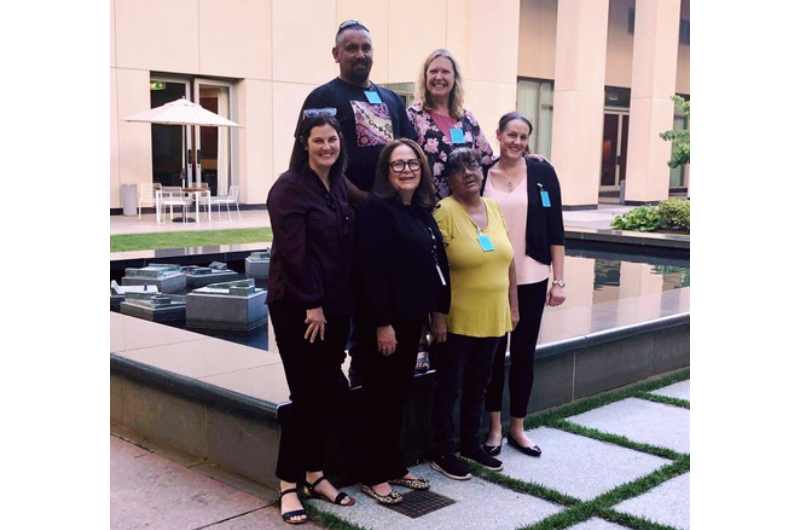
ENVIRONMENT
- Michele Madigan
- 17 November 2020
9 Comments
So in the long journey of nearly five years since the Australian federal government's renewed search for a national radioactive waste facility, it seems a new stage has been reached.
READ MORE 
-
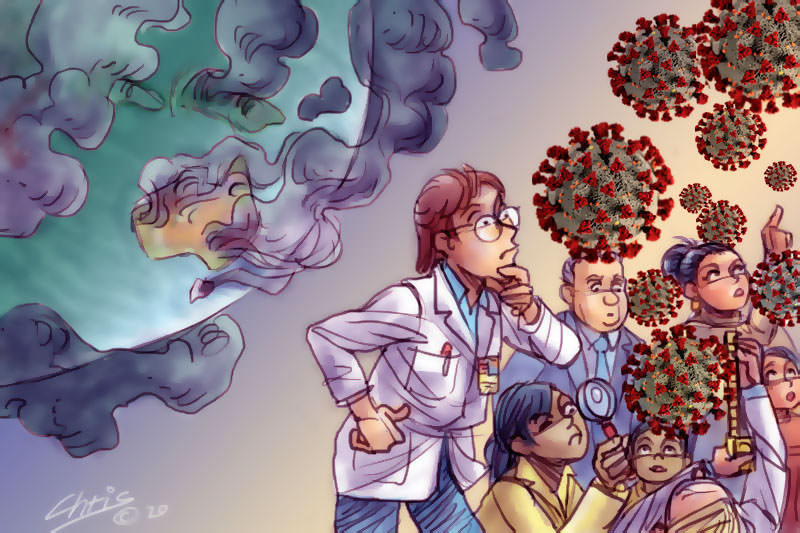
ENVIRONMENT
- Marnie Vinall
- 12 November 2020
4 Comments
Since the pandemic started to show its teeth on our shores in March, there’s been a trend to wave away any other matter other than COVID-19 with an examination of, ‘Just one crisis at a time — we’ll get to climate change after we’ve got the economy back on its feet.’ The only problem is we don’t have the luxury as a nation to solely focus on one crisis at a time.
READ MORE 
-
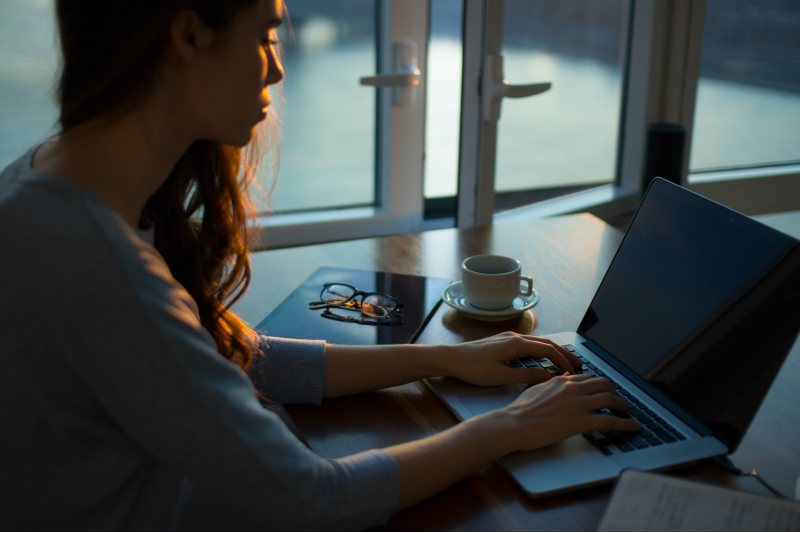
AUSTRALIA
- Tim Robertson
- 05 November 2020
Bosses give any number of reasons, often focused on some vaguely defined notion of productivity, why they do or don’t support remote working, but ultimately it comes down to a single, fundamental question: what is the ideal balance between reducing expenditure and surveilling workers?
READ MORE 
-
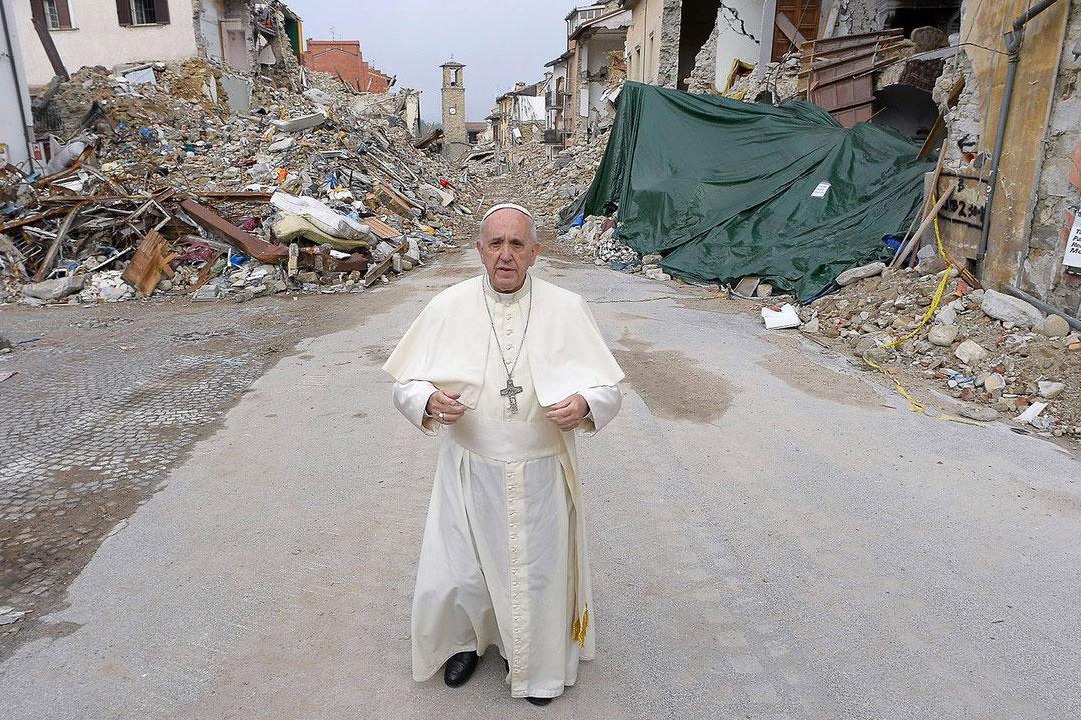
RELIGION
- David Holdcroft
- 27 October 2020
9 Comments
Insofar as there is hope in Francesco, it emerges gradually through an intimate viewing of the Pope’s engagement with the ‘hot button’ issues of our day, the environment and climate change, refugees and immigration, violence and conflict, disparity of wealth and poverty, women’s place in society and Church, family and sexuality, and sexual abuse within the Church.
READ MORE 
-
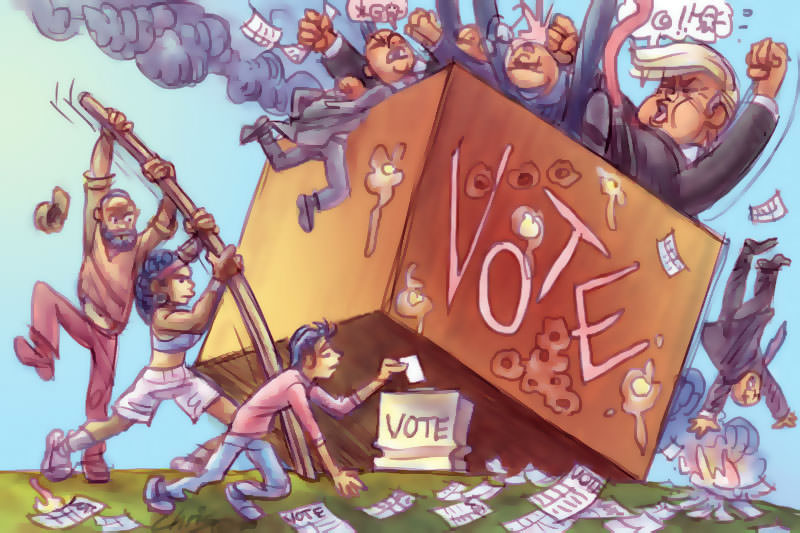
ARTS AND CULTURE
- Gillian Bouras
- 27 October 2020
20 Comments
The leaders of these nations, as well as acting amorally, have also apparently thrown the ideal of common civility to the winds. What are we to make of heads of government who hurl insults and are economical with the truth, use the gag continually, and turn their backs when those in opposition are speaking?
READ MORE 
-
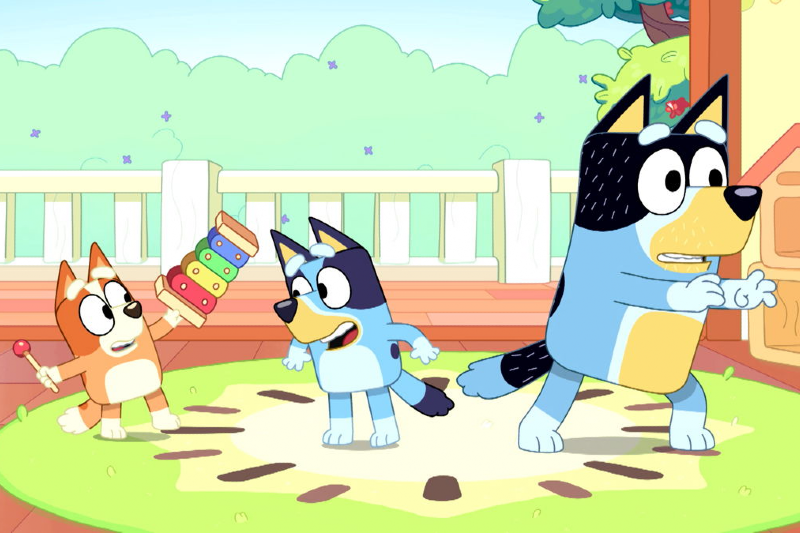
ARTS AND CULTURE
- Michael McVeigh
- 22 October 2020
5 Comments
Magic, we’ve discovered in our first years of parenting, is an important part of raising children. It’s a lesson we’ve learned, at least in part, thanks to Bluey on the ABC. For those of you who haven’t yet encountered this little blue dog and her family, Bluey is the star of one of the ABC’s most popular Australian kids series.
READ MORE 
-
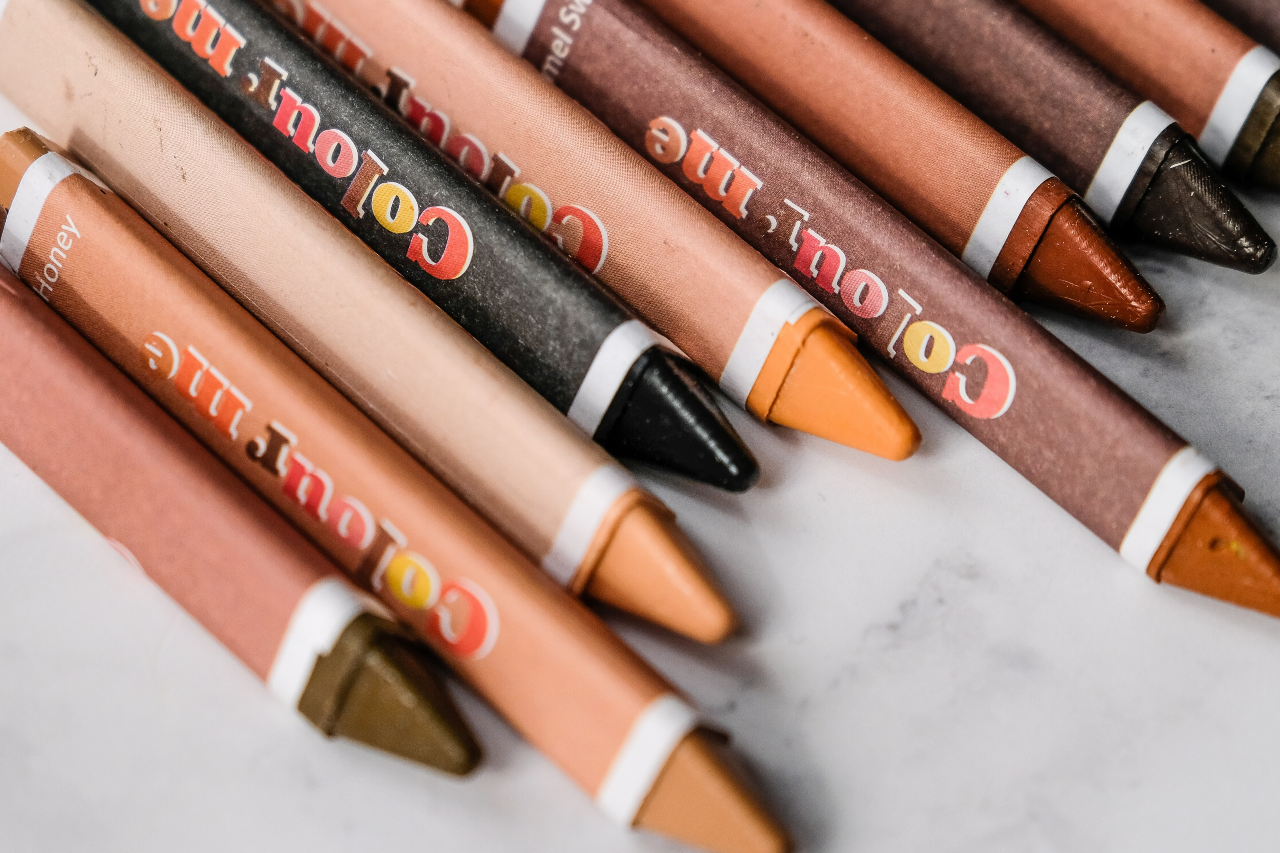
ARTS AND CULTURE
- Seetha Nambiar Dodd
- 20 October 2020
3 Comments
The story of colourism has roots that go back many generations; it has trickled relentlessly through time and is still evident in many ways today. In many countries with a colonial history, light skin was perceived, for a long time, as belonging to the upper classes, constituting power and wealth.
READ MORE 
-
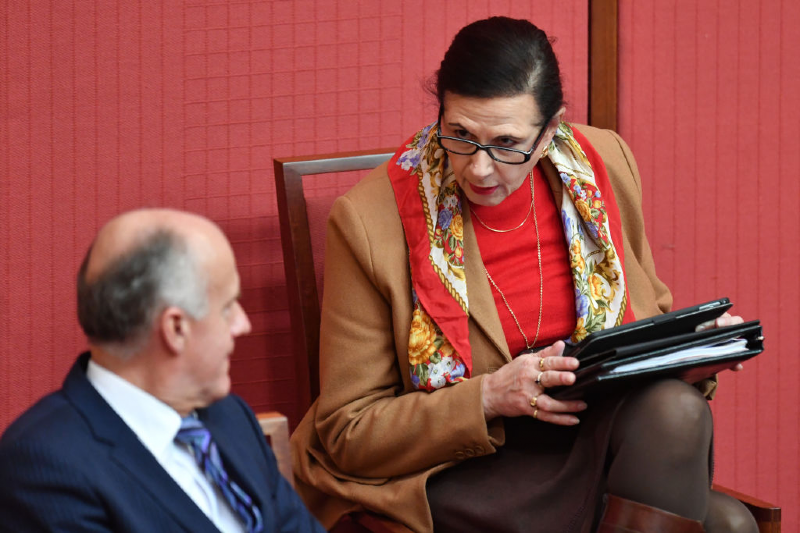
MEDIA
- Irfan Yusuf
- 22 September 2020
10 Comments
The strange thing is that those chest-beating about terrorism rarely made an issue of when terrorists of the modernist Islamist variety (such as al-Qaeda, Jemaah Islamiyah and ISIL) attacked mosques, Muslim shrines and Muslim congregations. Nor do they report of just how fringe and hated these groups are in their own countries where the bulk of their attacks take place.
READ MORE 
-
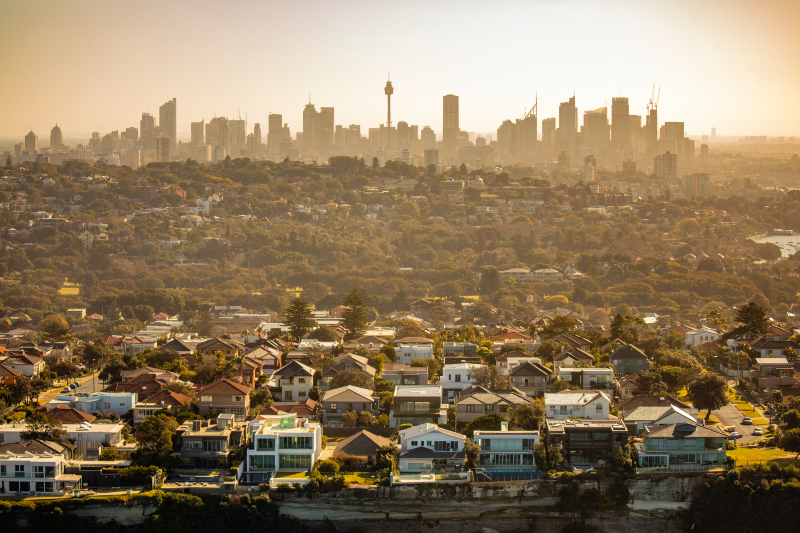
ECONOMICS
- David James
- 17 September 2020
5 Comments
The issue of class, economic inequality, has for some time been conspicuously absent in contemporary political debate. In the wake of COVID-19, which will greatly exacerbate income and wealth disparities, such inattention must be addressed.
READ MORE 
-
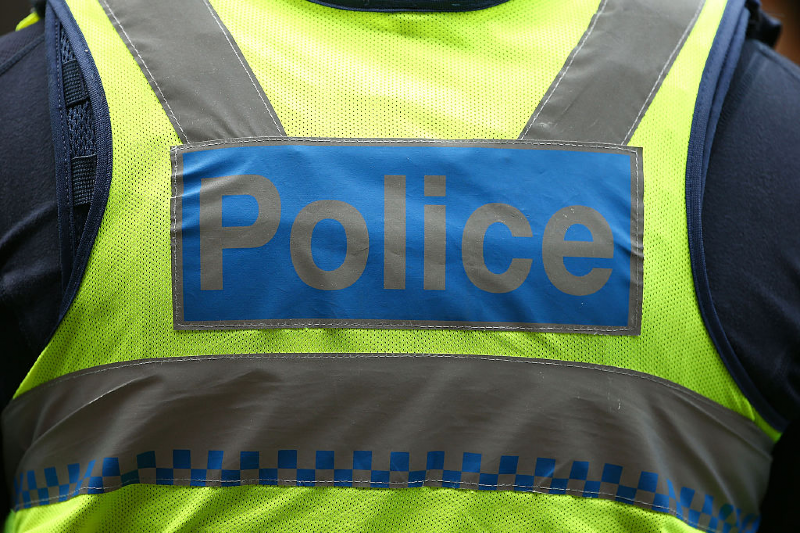
AUSTRALIA
- Binoy Kampmark
- 08 September 2020
11 Comments
The Buhler arrest stirred a range of responses from across the political divide, many troubled. Legal representatives and human rights advocates were similarly disturbed by what they regarded as a lack of proportion and restraint in police action.
READ MORE 
-
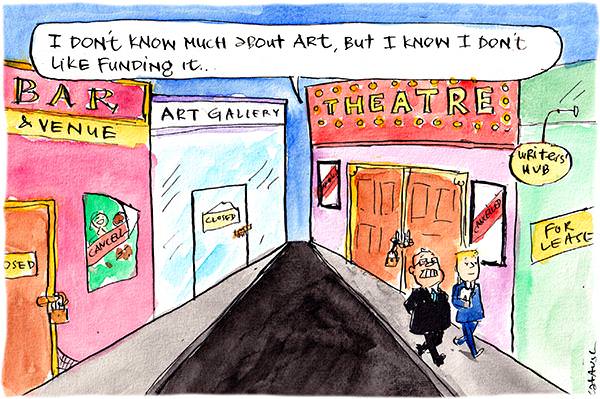
ARTS AND CULTURE
- Julie Perrin
- 18 August 2020
31 Comments
The capacity to story our experience is a powerful tool for reflection and understanding. As adults we learn that no story is pure and we are capable of telling ourselves spin, but the shaping of experience into story is the bread and butter of our lives. Narrative, it has been said, is a primary act of mind.
READ MORE 
-
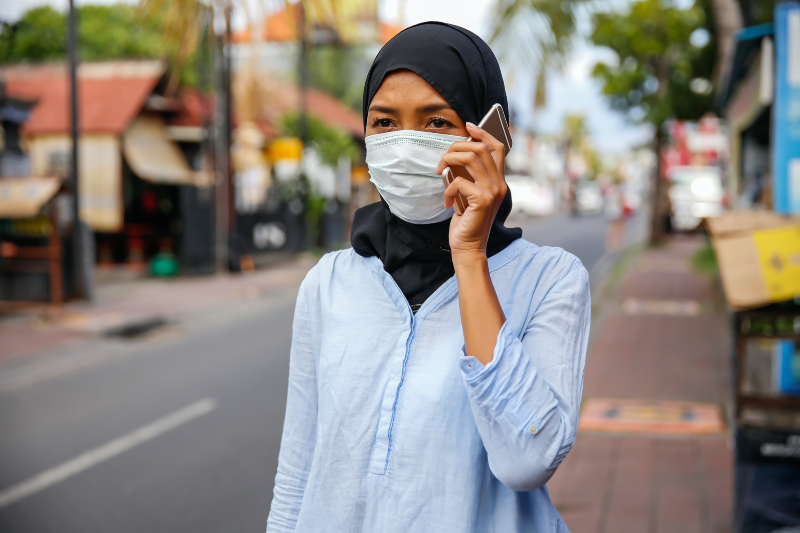
AUSTRALIA
In response to an ABC call out, ‘hundreds of people from across the country’ shared similar experiences of coronavirus-related racism. All these stories illustrate that a wide range of public spaces — indeed the few spaces we are allowed to frequent in lockdown like supermarkets, roads and parks — are not safe for everyone.
READ MORE 